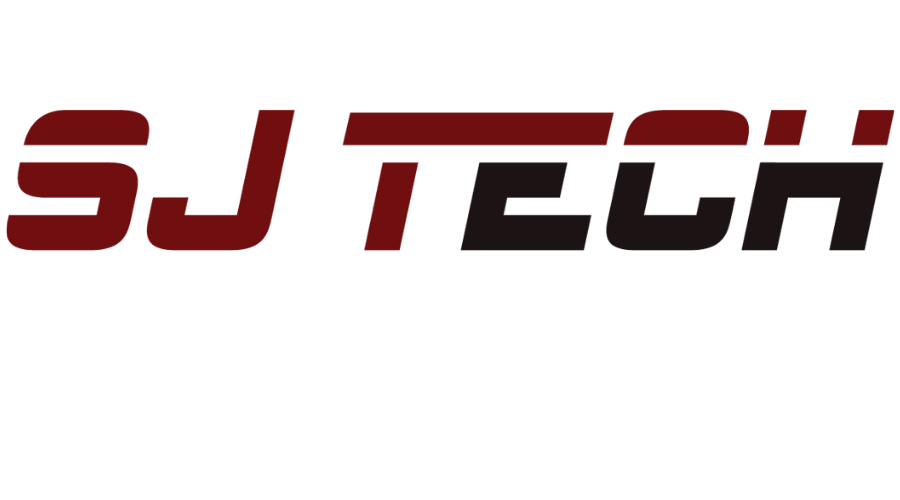Starting a career as an electrician or an HVAC technician is a smart move. These skilled trades offer job security, good pay, and the satisfaction of hands-on work. But to truly stand out and advance in your field, you need more than just basic training. Earning the right certifications can significantly boost your career, opening doors to better opportunities and higher earning potential.
This guide will walk you through the most valuable certifications for electricians and HVAC professionals. We’ll explore which credentials matter most, how they can benefit your career, and what you need to do to earn them. Whether you’re just starting or looking to take the next step, this information will help you build a successful career path.
Key Takeaways
- Essential Certifications: For HVAC technicians, EPA 608 and NATE certifications are crucial. For electricians, state licensure is the primary requirement, supplemented by specialized credentials.
- Career Advancement: Holding advanced certifications can lead to higher pay, specialized roles, and increased job security in both the electrical and HVAC fields.
- Specialized Skills: Certifications allow you to specialize in high-demand areas like commercial refrigeration, smart home technology, or solar panel installation, making you a more valuable asset.
Why Do Certifications Matter in the Trades?
In the skilled trades, a certification is more than just a piece of paper. It’s proof of your expertise and commitment to your craft. Employers look for certified professionals because it shows you have met industry standards for knowledge and safety.
For you, earning a certification means:
- Increased Earning Potential: Certified technicians and electricians often command higher salaries than their non-certified peers.
- Better Job Opportunities: Many employers, especially for higher-level or specialized positions, require specific certifications.
- Enhanced Credibility: A certification builds trust with both employers and customers, showing you are qualified and professional.
- Staying Current: The electrical and HVAC industries are constantly evolving. Certification programs ensure you are up-to-date with the latest technologies, regulations, and best practices.
Enrolling in a reputable NJ trade school like SJ Tech is the first step toward getting the hands-on training needed to prepare for these important exams.
Top Certifications for HVAC Technicians
If you’re pursuing an HVAC career, getting certified is essential. Some certifications are legally required, while others are highly recommended for career growth. An HVAC Training Program in NJ will prepare you to tackle these key credentials.
EPA 608 Certification
This is the most critical certification for any HVAC technician in the United States. The Environmental Protection Agency (EPA) requires that anyone who maintains, services, repairs, or disposes of equipment that could release refrigerants into the atmosphere must be certified.
There are four types of EPA 608 certification:
- Type I: For servicing small appliances (e.g., window AC units, domestic refrigerators).
- Type II: For servicing or disposing of high-pressure appliances (e.g., residential AC systems, commercial refrigeration).
- Type III: For servicing or disposing of low-pressure appliances (e.g., chillers).
- Universal: For technicians who want to work on all types of equipment. This certification covers Type I, II, and III.
Most aspiring HVAC technicians aim for the Universal certification, as it provides the most flexibility and career opportunities.
NATE Certification
North American Technician Excellence (NATE) certifications are widely recognized as the gold standard in the HVAC industry. While not legally required, holding a NATE certification demonstrates a high level of expertise and is highly valued by employers.
NATE offers a range of certifications, from entry-level to senior-level, across various specialty areas, including:
- Air Conditioning
- Air Distribution
- Heat Pumps
- Gas Furnaces
- Hydronics
- Commercial Refrigeration
Passing NATE exams shows you have the practical working knowledge to excel in real-world situations. Many top HVAC companies prefer to hire NATE-certified technicians, and some even require it for senior roles.
Manufacturer-Specific Certifications
Major HVAC equipment manufacturers like Carrier, Trane, and Lennox offer their own certification programs. These programs provide in-depth training on their specific products. While not as broad as EPA or NATE certifications, they can be incredibly valuable if you plan to work for a dealer that specializes in a particular brand.
Top Certifications for Electricians
For electricians, the path is more focused on state licensure, but several other NJ electrical certifications can help you specialize and advance your career.
State Licensure
The most important credential for an electrician is a state-issued license. Requirements vary by state, but they typically involve a combination of classroom hours, on-the-job training as an apprentice, and passing a comprehensive exam.
In New Jersey, the Board of Examiners of Electrical Contractors oversees the licensing process. To become a licensed journeyman electrician, you generally need to complete a four-year apprenticeship program and pass the state exam. Advancing to a Master Electrician or Electrical Contractor license requires additional years of experience and passing another, more difficult exam. A quality NJ trade school can provide the foundational knowledge needed to succeed in an apprenticeship and prepare for these licensing exams.
Certified Electrical Safety Worker (CESW)
Offered by the National Fire Protection Association (NFPA), the CESW certification is for electricians who have a deep understanding of electrical safety standards, particularly the NFPA 70E®. This certification is ideal for professionals who work in high-risk environments and want to demonstrate their commitment to safety.
Solar Photovoltaic (PV) Installer Certification
With the growing demand for renewable energy, solar panel installation has become a lucrative specialty for electricians. The North American Board of Certified Energy Practitioners (NABCEP) offers the PV Installation Professional (PVIP) certification, which is the most respected credential in the solar industry. Earning this shows you have the skills to design, install, and maintain solar PV systems safely and effectively.
Smart Home Technology Certifications
The rise of smart homes has created a new niche for electricians. Certifications in this area prove you can install and integrate various smart home systems, including lighting, security, and home automation. Organizations like CEDIA (Custom Electronic Design and Installation Association) offer certifications like the Cabling & Infrastructure Technician (CIT), which are highly regarded in the industry.
Your Path to a Certified Career
Embarking on a career in the electrical or HVAC field is an exciting journey, and earning the right certifications is a key part of the path to success. These credentials not only validate your skills but also open doors to new opportunities, higher pay, and long-term career stability.
If you’re ready to take the first step, consider enrolling in a program at SJ Tech. Our comprehensive training is designed to give you the hands-on experience and theoretical knowledge you need to excel. We prepare our students to confidently take on the certification exams that will define their careers.

